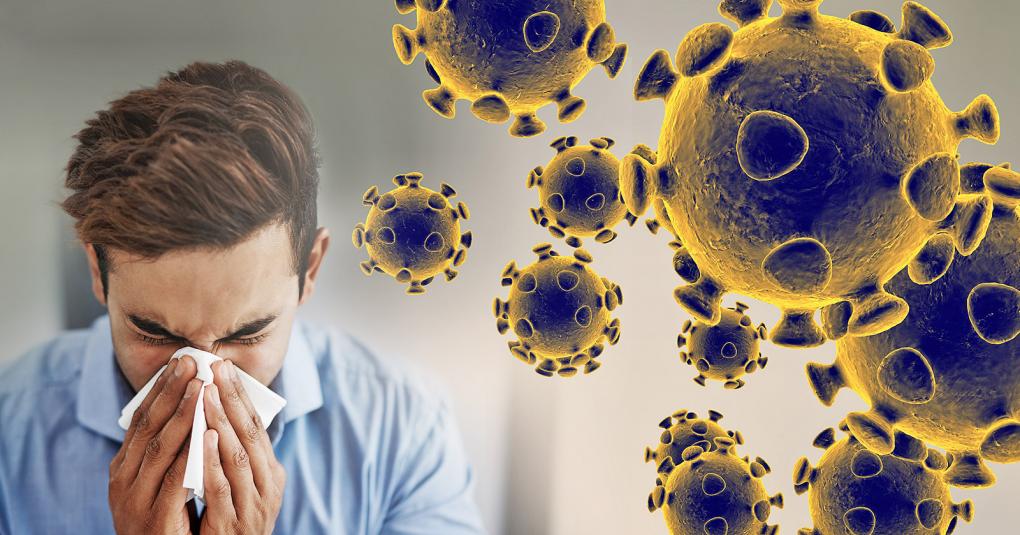By Aisyah Karina
The outbreak of novel coronavirus (2019-nCoV), which was first reported from Wuhan, China on 31 December 2019, is the most recent issue that has been widely discussed.
Those infected with this virus will have symptoms such as sore throat, cough and fever which may lead to pneumonia or breathing difficulties.
Older people and those who have medical conditions including diabetes, and heart disease have a higher risk of being infected.
As of February 2020, nearly 35,000 cases of coronavirus are confirmed worldwide with at least 805 deaths have been reported which surpassed the number of deaths from the Severe Acute Respiratory Syndrome (SARS) outbreak in 2003.
All IIUM campuses are therefore required to follow certain instructions to curb the spread of the virus.
New international students and returning students from China must undergo a health screening test which will be held at the IIUM Health and Wellness Centre along with the inspection of the travelling records.
Several locations within the campus will be prepared to quarantine the male and female students and help ease the monitoring process such as at Mahallah Bilal, Mahallah Safiyyah and Mahallah Aminah. The students involved are those who will be arriving from China and or those who have recently travelled to China.
The temporary residence will be held for 14 days under the supervision of the IIUM Health and Wellness Centre medical officers.
All students must go through a health screening test conducted by the Ministry of Health upon arrival at the Kuala Lumpur International Airport (KLIA). They will then proceed to the IIUM Health and Wellness Centre for a second screening and monitoring.
Latest news on the spread of the virus will be given by the Ministry of Health. The IIUM community will also be informed about any update regarding this issue through the IIUM portal.
IIUM will put utmost effort in ensuring the steps taken to prevent this issue. The safety of the IIUM community is the top priority. All IIUM staff and students may retrieve the latest information from the universitys official portal.
Ways to prevent the disease
Everyone must maintain a good hygiene by washing their hands frequently with soap and water or hand sanitiser.
It is also important to practise respiratory hygiene by covering the mouth or nose when coughing or sneezing with flexed elbow or tissue to prevent the spread of germs and diseases.
A distance of at least one metre must be applied when socialising with other people, particularly those who cough, sneeze and have the flu to prevent the projection of small droplets containing the virus.
Touching parts of the face such as the eyes, nose and mouth are to be avoided as our hands might be contaminated which will cause the transfer of virus.
A face mask should also be worn before going outside especially in crowded places.***
